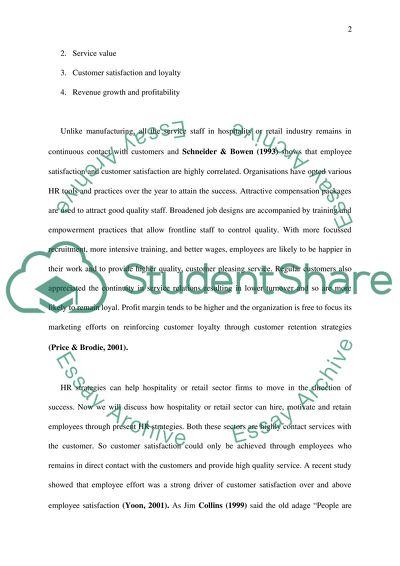Cite this document
(The Hospitality or Retail Industry Term Paper Example | Topics and Well Written Essays - 2617 words, n.d.)
The Hospitality or Retail Industry Term Paper Example | Topics and Well Written Essays - 2617 words. Retrieved from https://studentshare.org/human-resources/1553961-human-resource-issues-a-report
The Hospitality or Retail Industry Term Paper Example | Topics and Well Written Essays - 2617 words. Retrieved from https://studentshare.org/human-resources/1553961-human-resource-issues-a-report
(The Hospitality or Retail Industry Term Paper Example | Topics and Well Written Essays - 2617 Words)
The Hospitality or Retail Industry Term Paper Example | Topics and Well Written Essays - 2617 Words. https://studentshare.org/human-resources/1553961-human-resource-issues-a-report.
The Hospitality or Retail Industry Term Paper Example | Topics and Well Written Essays - 2617 Words. https://studentshare.org/human-resources/1553961-human-resource-issues-a-report.
“The Hospitality or Retail Industry Term Paper Example | Topics and Well Written Essays - 2617 Words”, n.d. https://studentshare.org/human-resources/1553961-human-resource-issues-a-report.


